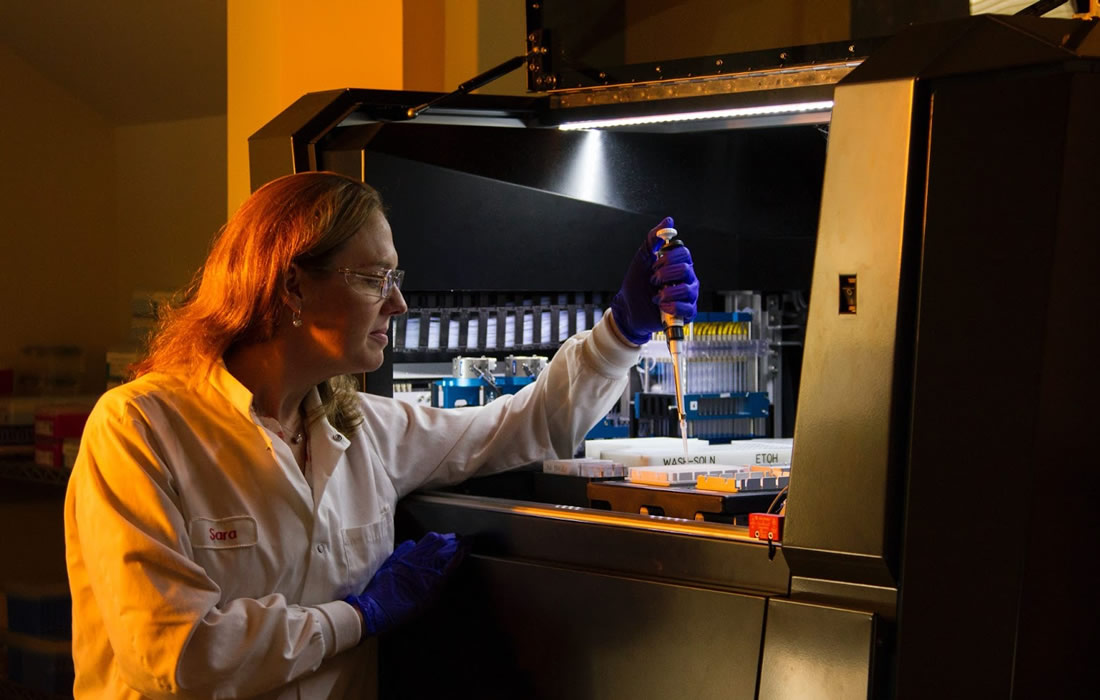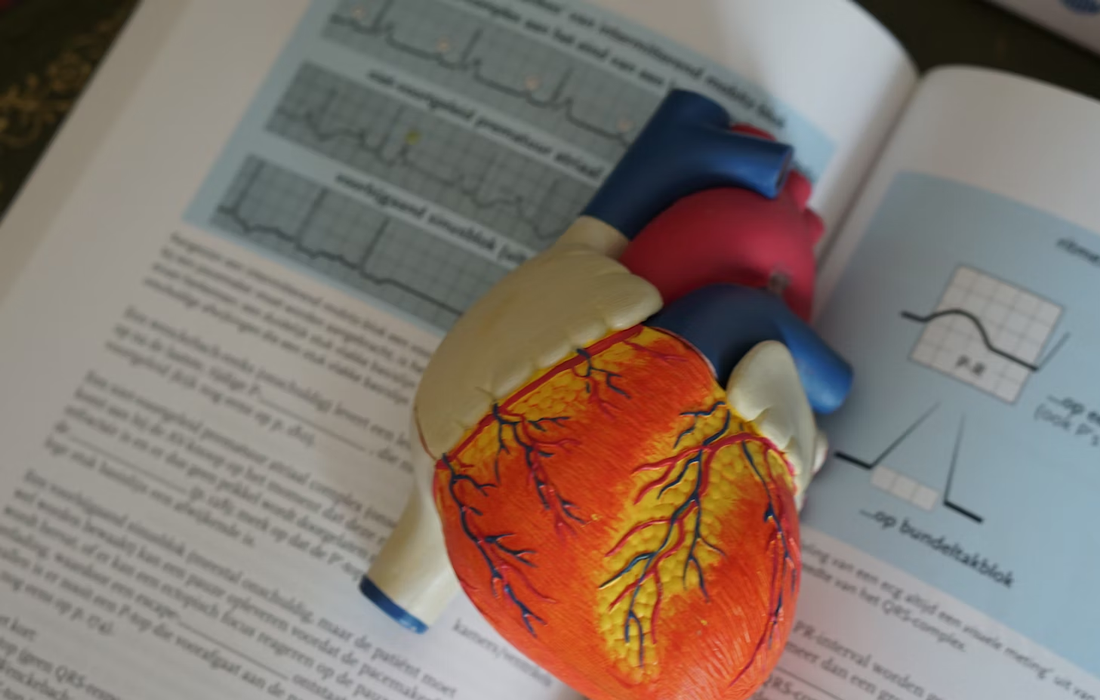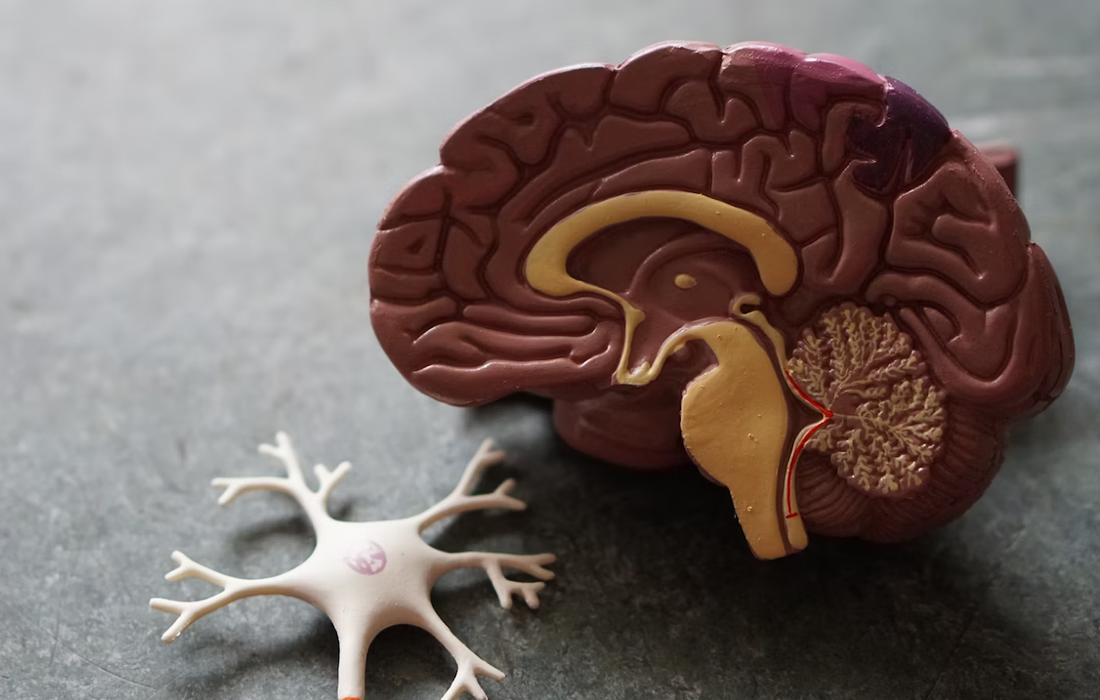The synovium is a membrane-like structure that lines the knee joint and helps to keep the joint happy and healthy, mainly by producing and maintaining synovial fluid. Inflammation of this tissue is implicated in the onset and progression of arthritic diseases such as rheumatoid and osteoarthritis. Therefore, treatments that target the synovium are promising in […]
Monthly Archives: October 2023
Currently, more than half a billion people globally are living with diabetes and this number is expected to rise significantly. Chronic diabetic wounds such as foot ulcers (one of the most common and hardest to treat wounds) have therefore become a major global healthcare challenge. Diabetic patients, whose natural wound-healing capabilities are compromised, often develop […]
The liver is the vital organ that orchestrates the overall glucose and fat metabolisms in the human body. Disruption of the fat metabolism in the liver will eventually result in hyperglycemia and hyperlipidemia, which are strong risk factors for developing diabetes, hyperlipidemia, and liver cancer. While the outcomes of fat accumulation in the liver have […]
So-called “triple-negative breast cancer” is a particularly dangerous form of breast cancer. It is characterized by an early relapse and a poor survival rate. Until now, there have only been limited treatment options, and chemotherapy protocols are often not sufficiently effective. Therapy resistance, where cancer cells do not respond to conventional treatments, has long been […]
Researchers have discovered the link between the gut microbiota and Alzheimer’s disease. For the first time, researchers have found that Alzheimer’s symptoms can be transferred to a healthy young organism via the gut microbiota, confirming its role in the disease. The study supports the emergence of the gut microbiome as a key target for investigation […]
Researchers at Kyushu University have discovered that turning brain immune cells into neurons successfully restores brain function after stroke-like injury in mice. These findings, published on October 10 in PNAS, suggest that replenishing neurons from immune cells could be a promising avenue for treating stroke in humans. Stroke, and other cerebrovascular diseases, occur when blood […]
Atopic dermatitis is an inflammatory skin condition that affects up to 20% of children in developed countries. This chronic disease is characterized by dry, thickened and intensely itchy skin, particularly in skin folds. People with eczema are more susceptible to bacterial, viral and fungal skin infections and frequently develop additional allergic diseases such as asthma. […]
Synthetic biologists at Columbia Engineering report a new approach to attacking tumors. They have engineered tumor-colonizing bacteria (probiotics) to produce synthetic targets in tumors that direct CAR-T cells to destroy the newly highlighted cancer cells. “Our probiotic platform enables CAR-T cells to attack a broad range of tumor types,” said Tal Danino, who led the […]
A UCLA-led team has identified an essential internal control mechanism that can promote the maturation of human stem cell-derived heart muscle cells, offering a deeper understanding of how heart muscle cells develop from their immature fetal stage to their mature adult form. The findings, published in the peer-reviewed journal Circulation, could lead to new therapies […]
Adults with attention-deficit/hyperactivity disorder (ADHD) are nearly three times more likely to develop dementia than adults without ADHD, according to a Rutgers study. The study, coauthored by Michal Schnaider Beeri, director of the Herbert and Jacqueline Krieger Klein Alzheimer’s Research Center at Rutgers Brain Health Institute (BHI) was published in JAMA Network Open. It followed […]










